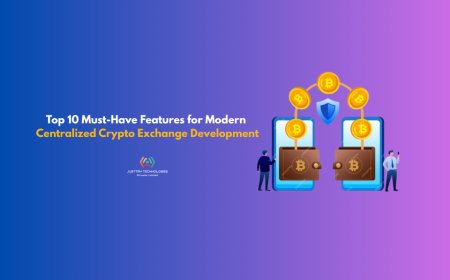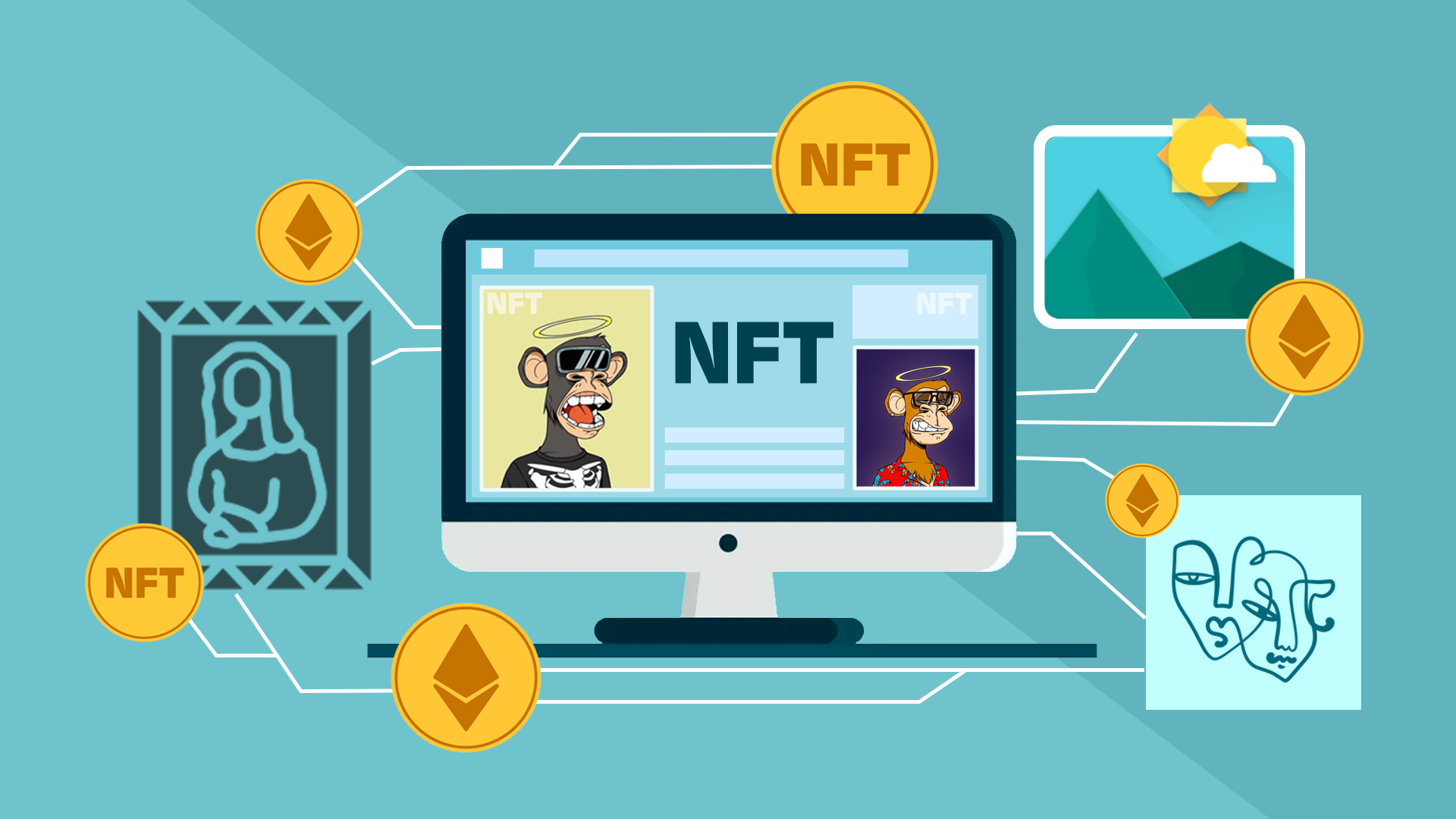Navigating the Future The Indispensable Role of Strategic Planning Facilitation
I could use this space to tell you about my being a proven executive, business owner, CEO and all that other blah, blah, blah but what I really want to tell you is how much I love coaching.

In today's rapidly evolving landscape, organizationsbe they corporations, non-profits, or government agenciesface an unprecedented array of challenges and opportunities. The ability to not just react to change, but to proactively shape one's destiny, hinges on effective strategic planning. Yet, for many, the very phrase "strategic planning" conjures images of lengthy, often unproductive meetings, where good intentions get lost in a morass of opinions and competing priorities. This is precisely where the art and science of strategic planning facilitation become not just beneficial, but indispensable.
Strategic planning facilitation is more than simply moderating a meeting; it's a specialized discipline focused on guiding a group through the complex, often emotionally charged, process of defining its future. A skilled facilitator acts as a neutral third party, ensuring that every voice is heard, discussions remain constructive, and the group ultimately arrives at a clear, actionable strategic roadmap.
One of the primary benefits of professional facilitation is the creation of a level playing field. In many organizations, power dynamics can inadvertently stifle open communication. Senior leaders might dominate discussions, or certain departments might feel their concerns are overlooked. A facilitator, however, is trained to mitigate these dynamics, employing techniques that encourage participation from all levels and functions. This not only unearths a wider range of perspectives and innovative ideas but also fosters a sense of collective ownership over the resulting strategy. When everyone feels heard and valued, commitment to the plan dramatically increases.
Furthermore, a facilitator brings a structured approach to what can otherwise be a chaotic process. They introduce proven frameworks and methodologies, such as SWOT analysis, PESTEL analysis, Porter's Five Forces, or scenario planning, ensuring that all critical aspects of the internal and external environment are thoroughly examined. They keep the group on track, preventing tangents and ensuring that discussions lead to tangible outcomes. This structured approach is crucial for moving beyond mere brainstorming to rigorous analysis and well-informed decision-making. Without it, strategic planning sessions can easily devolve into an unorganized exchange of ideas with no clear path forward.
Another invaluable contribution of a facilitator is their ability to navigate conflict and build consensus. Strategic planning inherently involves difficult choices and differing viewpoints. A facilitator is equipped with tools and techniques to manage disagreements constructively, transforming potential roadblocks into opportunities for deeper understanding and creative solutions. They help the group identify common ground, bridge divides, and ultimately forge a unified vision that resonates with all stakeholders. This is not about forcing agreement, but about facilitating a process where the best ideas prevail and everyone can stand behind the final strategy.
Beyond the initial planning sessions, a good facilitator also focuses on the critical aspect of implementation. They help the group translate broad strategic goals into concrete, measurable objectives and assign clear responsibilities. They often assist in developing a robust action plan, identifying key performance indicators (KPIs), and establishing a mechanism for ongoing monitoring and evaluation. This ensures that the strategic plan doesn't simply gather dust on a shelf but becomes a living document that guides daily operations and drives organizational progress. The transition from abstract ideas to concrete actions is where many strategic plans falter, and a facilitator plays a crucial role in bridging this gap.
In essence, strategic planning facilitation transforms a potentially arduous and unproductive exercise into an engaging, insightful, and highly effective process. It empowers organizations to:
-
Gain clarity: Define a shared vision, mission, and values.
-
Identify opportunities and threats: Conduct a thorough environmental scan.
-
Leverage strengths and address weaknesses: Conduct an honest internal assessment.
-
Set realistic and ambitious goals: Develop clear, measurable objectives.
-
Develop actionable strategies: Create a roadmap for achieving goals.
-
Foster alignment and commitment: Build a sense of collective ownership.
-
Improve decision-making: Base choices on robust analysis and diverse perspectives.
-
Enhance organizational agility: Develop the capacity to adapt to future changes.
In a world defined by volatility, uncertainty, complexity, and ambiguity (VUCA), the future belongs to organizations that can think strategically and adapt swiftly. Strategic planning facilitation is not an optional luxury; it is a strategic imperative. It provides the catalyst for meaningful dialogue, rigorous analysis, and collective decision-making, ultimately empowering organizations to navigate the future with confidence and achieve sustainable success. If your organization is embarking on or revisiting its strategic journey, consider the profound impact that a skilled facilitator can have on the outcome. It's an investment that pays dividends in clarity, cohesion, and ultimately, accelerated achievement.




























